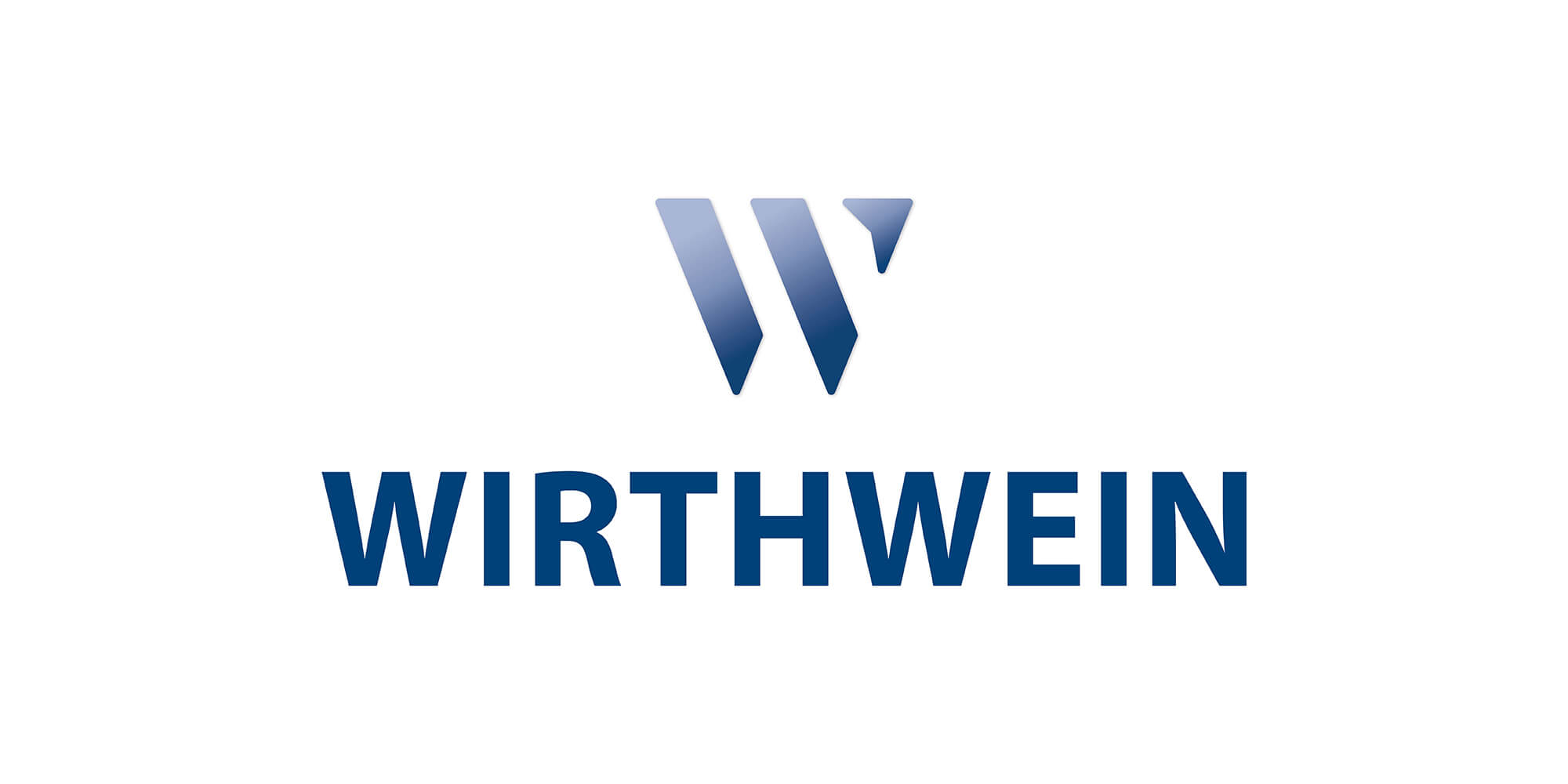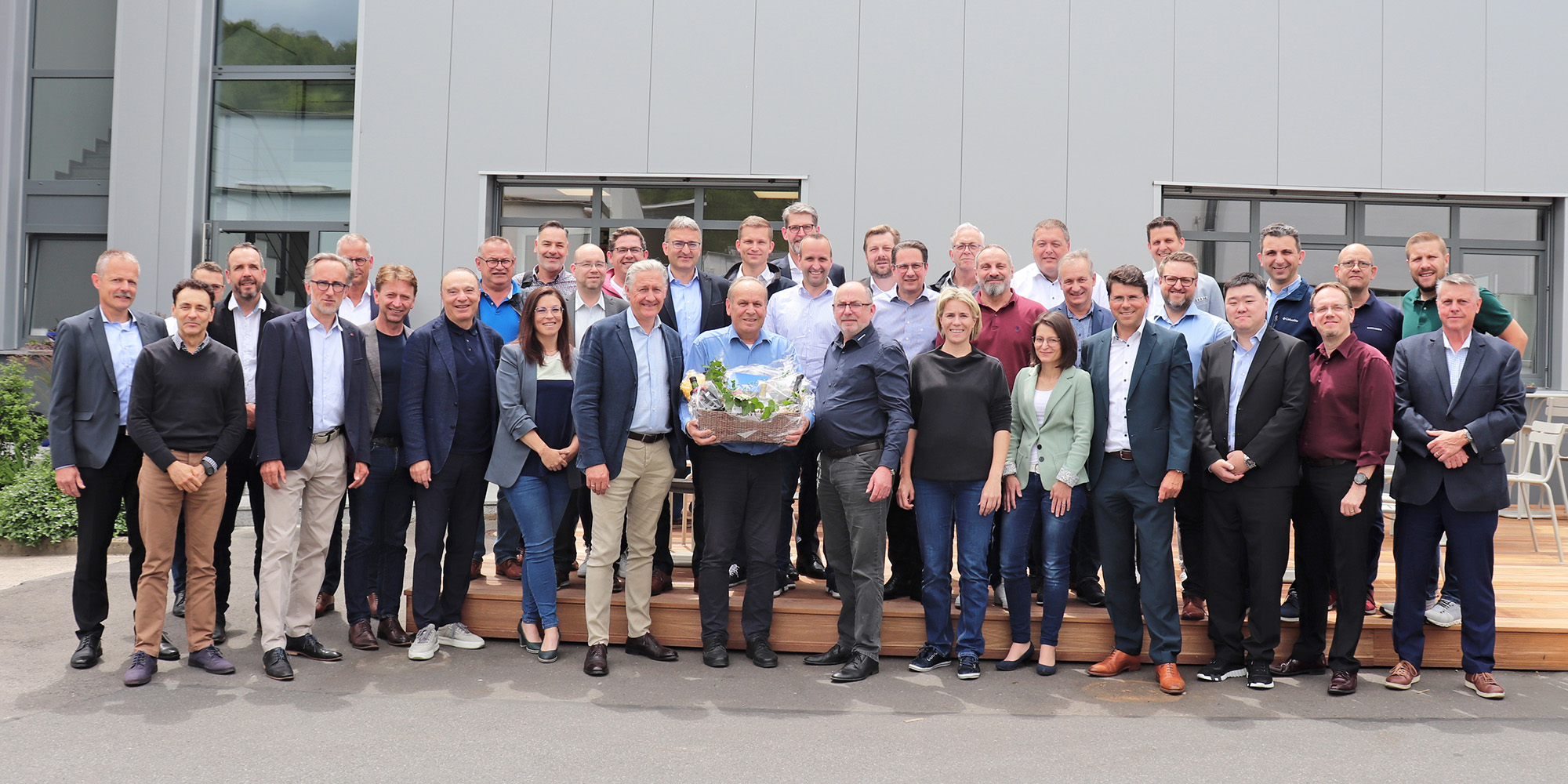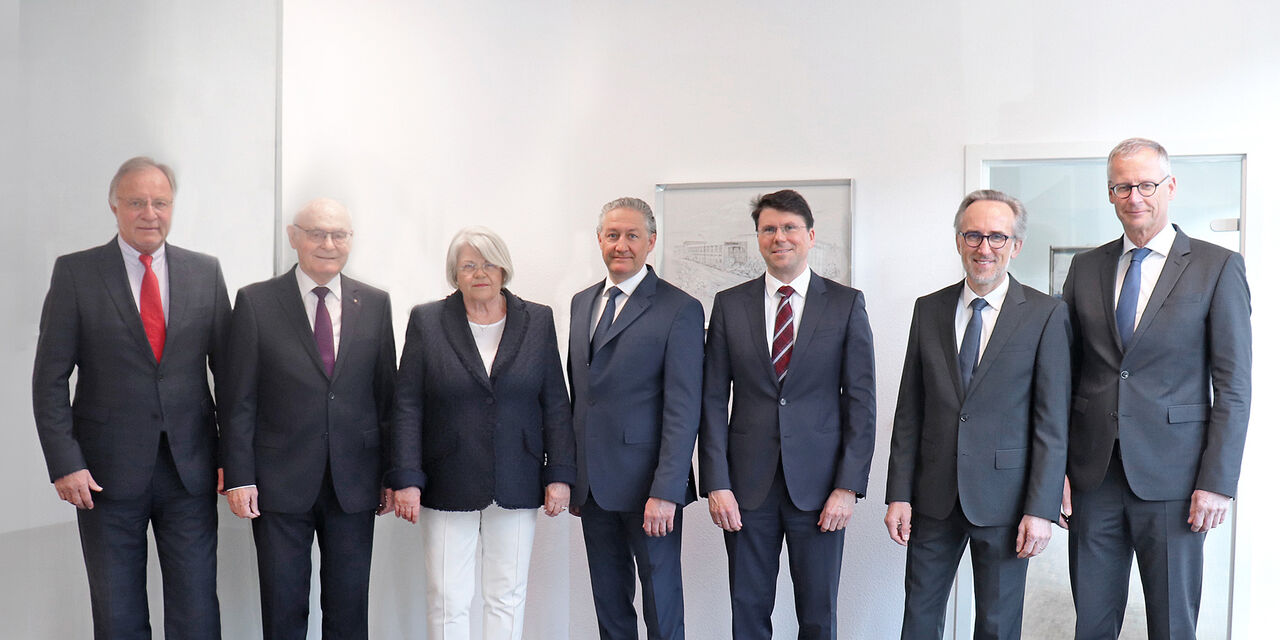Plastics specialist promotes vocational training for orphans
Creglingen / Kiambu. It started with a lecture at the Rotary Club in Bad Mergentheim. Pilot Fokko Doyen flies for Lufthansa Cargo AG (LCAG) and reported on the commitment of the association "Cargo Human Care e.V.". (CHC) in Kenya, of which he is chairman of the board. The special thing about it: Lufthansa Cargo AG sponsors almost the entire administrative apparatus, so that 99.5 percent of the donations reach those in need. Since 2007, the initiative has been providing humanitarian and medical aid for orphans and young people in the Nairobi area. In 2011 and 2017, hunger relief flights have also been flown to northern Kenya. The concept and effectiveness of the aid project convinced CTO Marcus Wirthwein on a long-term basis, so that the company will from now on support a year of training.
"Cargo Human Care" supports needy children - many of them orphans - by enabling them to attend school and giving the young people a secure future with vocational training - from crafts to university. The costs for accommodation and care in the "John Kaheni Residence" youth center and the school fees for a child's vocational training amount to around 200 euros per month. A lot of money by Kenyan standards: the majority of the Kenyan population works as day laborers with a daily wage of 2 to 3 euros.
"Originally we wanted to take over a sponsorship for a child, which we would then invite to Germany, for example, in order to let it get a taste of our training," says Marcus Wirthwein. However, the local supervisors in Kenya asked that the amount be made available to the 2017 training class as a whole so as not to arouse envy. Wirthwein complied with this request and has now been supporting the sponsored class in Kiambu, Kenya, with 200 euros per month since October 2018. The class consists of 16 young people in total. Among them are 12 children from the children's home "Mothers' Mercy Home" as well as four externally supervised young people from the medical sponsorship program.
Social background of the orphans
The youths of the supported age group were admitted to the "Mothers' Mercy Home", located in Kianjogu, at the age of 4 to 6 years. Many of the children in the home have lost their parents due to the immune deficiency HIV/AIDS. For other orphans, remaining family members were unable to care for the child because of a lack of permanent housing, food or health care.
Unfortunately, in Kenya it is still common for children to be neglected, mistreated or abused by family members - such children are also taken from their families and placed in the children's home. And last but not least, there are also some children who have been picked up by the police whose home could not be determined. The family background of these children remains largely unknown.
The children's home is followed by vocational training: young people are prepared for an independent life
After finishing school, the young people leave the "Mothers' Mercy Home" and move to the "John Kaheni Residence", both institutions are initiatives of CHC. The youth center, which was built in 2015, is both an educational center and a residential project. All CHC training programs are coordinated here, and at the same time up to 32 young people find a home here, which they organize themselves. In addition to the MMH children, young people from other projects and from the region are looked after and prepared for an independent life - more than 70 young people in total.
"Vocational training is secured through sponsorships," explains Arno Pfeifer - he too is involved in the Lufthansa Cargo aid project in Kenya on a voluntary basis. "With the help of Cargo Human Care, the orphans receive the best possible school education in Kenya," Pfeifer continues.
In addition to graduating from school, the young people also attend computer courses or lifelike workshops on "How to make ends meet with my money" or "How to run my own household". The young people get a taste of different professions through internships: Bakery, tailoring, IT administration, metalworking, electrical engineering, plumbing, hotel service and hairdressing. It is expected that some graduates of this year's class will also start a university career.
"The approach of the CHC aid initiative convinces me", says Marcus Wirthwein, "because the young people are trained for the local job market so that they have the chance to live an independent life".
What does "Cargo Human Care e.V." mean?
Cargo Human Care is a humanitarian and medical aid project that was initiated by Lufthansa Cargo employees in cooperation with doctors from all over Germany. The core of the commitment is to provide direct medical aid to needy, sick and distressed people. The second focus of the work is to give destitute and underserved orphans a home and a future through vocational training.
The necessary coordination work in Germany as well as the medical treatment on site in Kenya is done on a voluntary basis. The project is supported on a large scale organizationally, financially and logistically by Lufthansa Cargo AG. CHC spent a total of around 578,000 euros on the various projects in Kenya in 2017. More under www.cargohumancare.de



